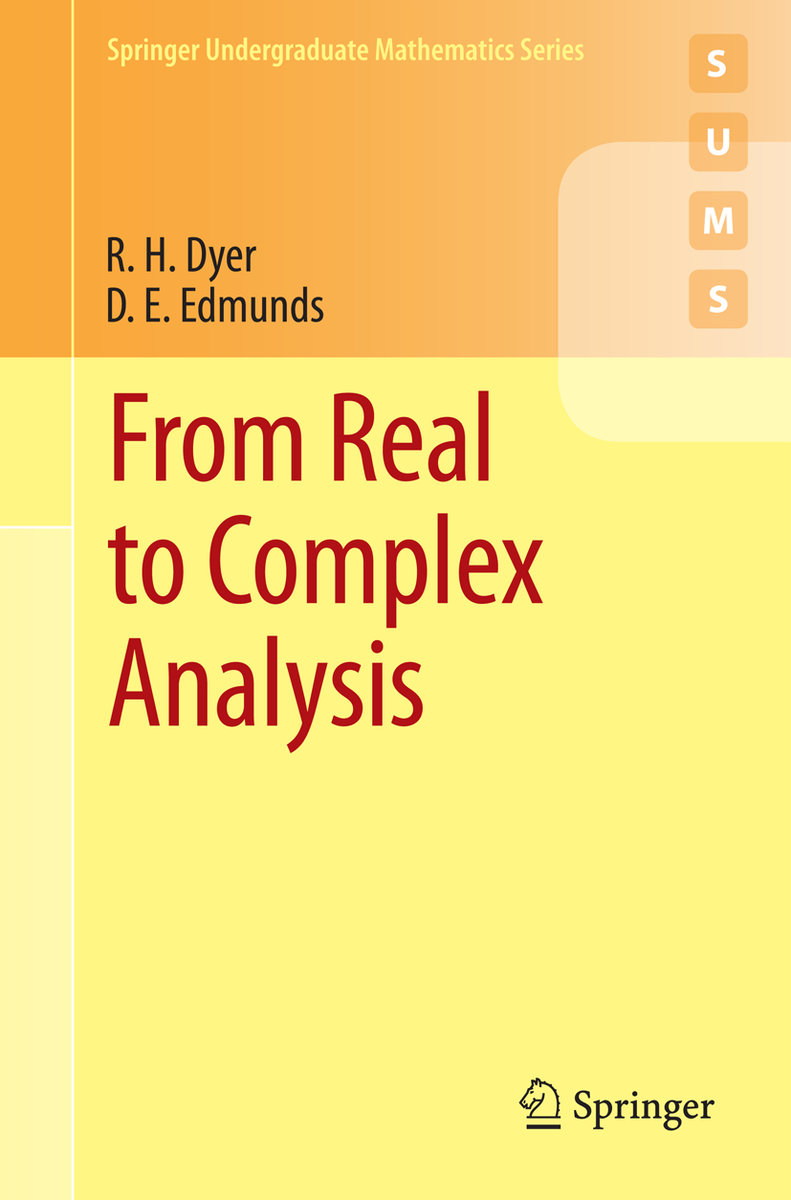The purpose of this book is to provide an integrated course in real and complex analysis for those who have already taken a preliminary course in real analysis. It particularly emphasises the interplay between analysis and topology.
Beginning with the theory of the Riemann integral (and its improper extension) on the real line, the fundamentals of metric spaces are then developed, with special attention being paid to connectedness, simple connectedness and various forms of homotopy. The final chapter develops the theory of complex analysis, in which emphasis is placed on the argument, the winding number, and a general (homology) version of Cauchy's theorem which is proved using the approach due to Dixon.
Special features are the inclusion of proofs of Montel's theorem, the Riemann mapping theorem and the Jordan curve theorem that arise naturally from the earlier development. Extensive exercises are included in each of the chapters, detailed solutions of the majority of which are given at the end. From Real to Complex Analysis is aimed at senior undergraduates and beginning graduate students in mathematics. It offers a sound grounding in analysis; in particular, it gives a solid base in complex analysis from which progress to more advanced topics may be made.



